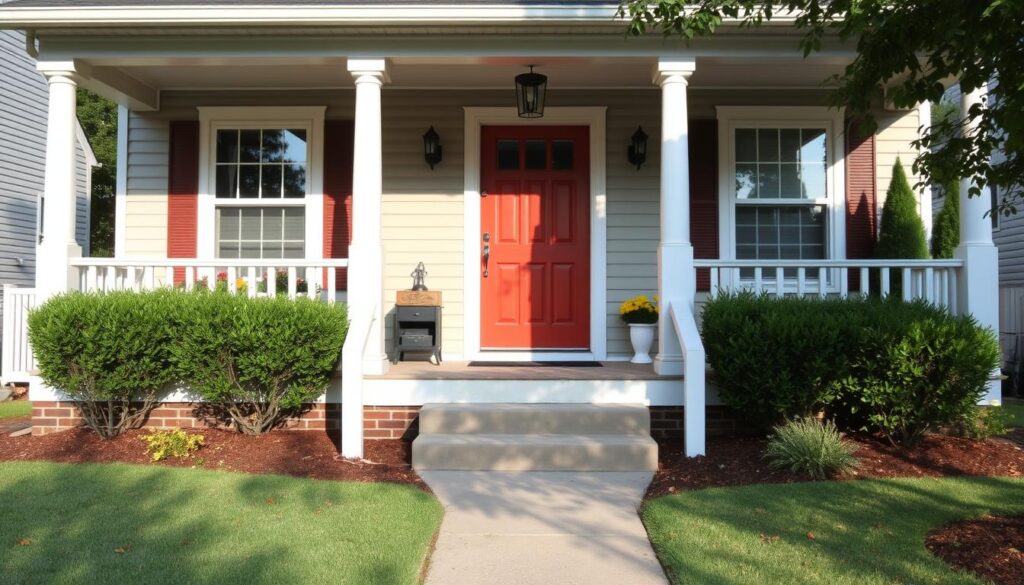Managing rental properties can be a lucrative endeavor, but it comes with its fair share of challenges. One of the most critical aspects of property management is effectively handling expenses. Whether you are a seasoned landlord or just starting, understanding how to manage rental property expenses is key to maximizing your investment returns. In this guide, we’ll delve into practical strategies and tips to help you manage your rental property expenses efficiently.
Understanding Rental Property Expenses
Before diving into expense management, it’s essential to understand the types of costs you’ll encounter as a rental property owner. These expenses can be broadly categorized into fixed and variable costs:
- Fixed Costs:
- Mortgage Payments: Principal and interest payments on any loans taken to purchase the property.
- Property Taxes: Annual taxes levied by the local government.
- Insurance: Coverage for property damage, liability, and sometimes loss of rental income.
- Variable Costs:
- Maintenance and Repairs: Routine upkeep and unexpected repairs.
- Utilities: If the landlord is responsible for utilities such as water, gas, or electricity.
- Property Management Fees: Fees paid to property management companies if you outsource property management.
- Vacancy Costs: Lost rental income during periods when the property is vacant.
Strategies for Managing Rental Property Expenses
- Create a Detailed Budget
Creating a detailed budget is the foundation of effective expense management. Start by listing all potential costs associated with your rental property. Use historical data to estimate variable costs and set aside a contingency fund for unexpected expenses. Regularly review and update your budget to reflect actual expenses and any changes in your financial situation.
- Regular Maintenance and Inspections
Preventative maintenance is crucial in avoiding costly repairs down the line. Schedule regular inspections to identify and address minor issues before they become major problems. This proactive approach can save you significant amounts of money and keep your property in good condition.
- Build a Reserve Fund
A reserve fund acts as a financial safety net for unexpected expenses. Aim to set aside 1-3 months’ worth of rental income in your reserve fund. This fund will help you cover emergency repairs, unexpected vacancies, or other unforeseen costs without disrupting your cash flow.
- Shop Around for Insurance
Insurance is a significant expense for rental property owners, but it’s not one to skimp on. However, that doesn’t mean you shouldn’t look for ways to save. Compare quotes from different insurance providers to ensure you’re getting the best coverage at the best price. Review your policy annually to make sure it still meets your needs and explore discounts for things like bundling policies or installing safety features.
- Optimize Property Management Costs
If you use a property management company, review their services and fees regularly. Ensure you’re getting value for money and that their services align with your needs. Consider negotiating lower fees or even managing the property yourself if it’s feasible and cost-effective.
- Monitor Utility Usage
If you cover utilities, monitor usage to identify potential waste or inefficiencies. Install energy-efficient appliances, encourage tenants to conserve energy, and regularly check for leaks or other issues that could lead to high utility bills. Consider implementing a system where tenants pay for their utilities, shifting the responsibility and encouraging mindful usage.
- Tax Deductions and Benefits
Stay informed about tax deductions and benefits available to rental property owners. Common deductions include mortgage interest, property taxes, operating expenses, depreciation, and repairs. Consult with a tax professional to ensure you’re taking full advantage of these benefits and maintaining compliance with tax laws.
- Leverage Technology
Utilize technology to streamline expense management. Property management software can help you track income and expenses, generate financial reports, and manage maintenance requests. This automation can save time, reduce errors, and provide valuable insights into your financial performance.
- Tenant Retention
Reducing tenant turnover can significantly lower your expenses. High turnover rates lead to lost rental income, increased marketing costs, and higher maintenance expenses. Foster good landlord-tenant relationships by responding promptly to maintenance requests, addressing concerns, and maintaining the property in good condition. Happy tenants are more likely to renew their leases, providing you with stable rental income.
- Negotiate with Vendors
Negotiate contracts with vendors and service providers to get the best rates for services like landscaping, pest control, and cleaning. Establish long-term relationships with reliable vendors who offer competitive pricing and quality services.
Case Study: Successful Expense Management
Consider the case of Sarah, a rental property owner with a portfolio of five properties. Initially, Sarah struggled with high maintenance costs and frequent vacancies. She decided to implement several of the strategies outlined above:
- Budgeting: Sarah created a detailed budget and set up a reserve fund.
- Preventative Maintenance: She scheduled regular inspections and addressed minor issues promptly.
- Optimizing Management Costs: Sarah negotiated a lower management fee with her property management company.
- Energy Efficiency: She installed energy-efficient appliances and encouraged tenants to conserve energy.
Within a year, Sarah saw a significant reduction in her overall expenses. Her proactive maintenance approach reduced emergency repair costs, and her tenant retention rate improved, leading to lower vacancy costs. By leveraging technology, Sarah streamlined her expense tracking and gained better control over her finances.
Conclusion
Managing rental property expenses effectively is crucial for maximizing your investment returns. By creating a detailed budget, performing regular maintenance, building a reserve fund, and leveraging technology, you can keep your expenses in check and ensure your rental properties remain profitable. Stay informed about tax benefits, negotiate with vendors, and focus on tenant retention to further reduce costs. With these strategies in place, you’ll be well on your way to successful rental property management.






